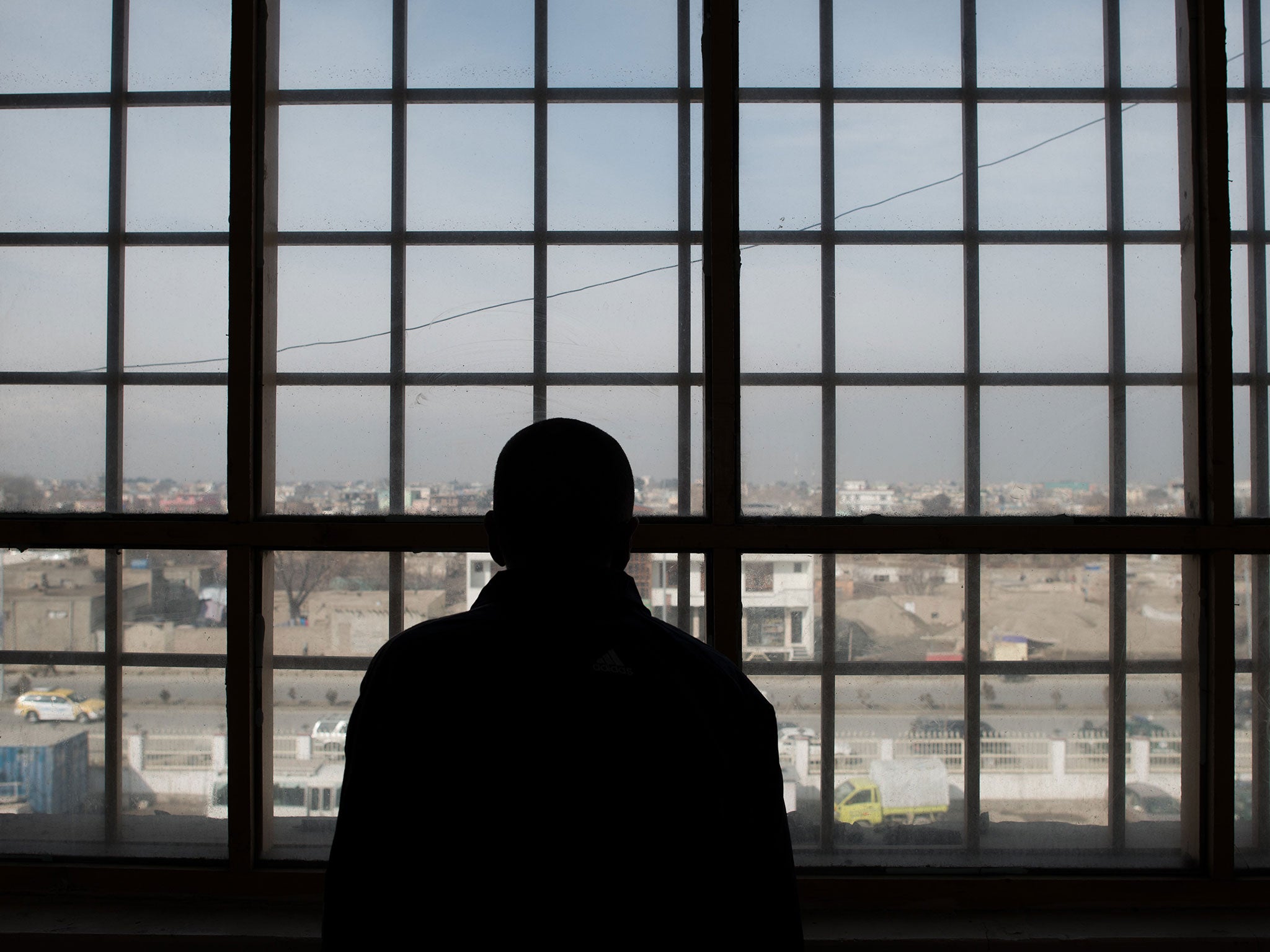World Bipolar Day: What is bipolar disorder? What are its symptoms?
1 in 100 people in the UK have the condition

Your support helps us to tell the story
From reproductive rights to climate change to Big Tech, The Independent is on the ground when the story is developing. Whether it's investigating the financials of Elon Musk's pro-Trump PAC or producing our latest documentary, 'The A Word', which shines a light on the American women fighting for reproductive rights, we know how important it is to parse out the facts from the messaging.
At such a critical moment in US history, we need reporters on the ground. Your donation allows us to keep sending journalists to speak to both sides of the story.
The Independent is trusted by Americans across the entire political spectrum. And unlike many other quality news outlets, we choose not to lock Americans out of our reporting and analysis with paywalls. We believe quality journalism should be available to everyone, paid for by those who can afford it.
Your support makes all the difference.Like many mental illnesses, bipolar has become a flippant by-word to describe an unpredictable, emotional person. But for the millions of people who deal with the misunderstood condition, bipolar is not a joke.
On World Bipolar Day, those living with the disease, as well as the health experts and charities who help them help to cope, raise awareness of the disease.
Nia Charpentier from Rethink Mental Illness told The Independent: “Bipolar disorder causes your mood to swing from high (mania) to low (depression). Everyone experiences changes in mood but when you have bipolar, the symptoms are severe, affecting all areas of life.
“Bipolar disorder is often misunderstood. Awareness raising is absolutely crucial to reduce the stigma that surrounds it, we know many people with mental illness say the discrimination and prejudice they face can be worse than the illness itself.
“Alongside this, people with Bipolar need a mental health service that’s fit for purpose. For too long support for mental ill health has been the Cinderella service, neglected and underfunded.”
What is bipolar?
A mental condition, bipolar mainly affects a person’s mood.
What are the symptoms?
The signs and symptoms of bipolar depend on which episode of the condition a person is experiencing. Episodes of mania can last between three to six months, while depression can go on for as long as 12 months.
During depressive episodes, a person with the condition can feel down, upset or tearful, according to the mental health charity Mind.
They man also experience lethargy, and stop gaining enjoyment from activities. Bipolar can impact a person’s self-esteem, as they become wracked with feelings of unconfidence and guilt. The intensity of such periods may make the person feel suicidal.
During such episodes others may notice that a person with bipolar can sleep too much, change their eating habits, and misuse drugs and alcohol. They may also become withdrawn and anti-social.
This phase of the disease is often diagnosed first.
Mania is characterised by feelings of extreme happiness. Those in the midst of a manic episode can find their minds are filled with ambitious and plans.
A feeling of infallibility may also take over. Those with the condition can also appear to act recklessly, including by spending large amounts of money on what the do not need and cannot afford.
People with bipolar also report a spike in sexual energy, racing thoughts, and feeling distracted during such episodes.
Friends and loved ones can identify a manic episode if the person speaks extremely fast, acts inappropriately, sleeps very little, and risks their safety.
Hypomania is similar to mania, but feels more manageable, lasts for a shorter period of time, meaning a person may feel able to continue working or socialising.
Mixed episodes involve a combination of the symptoms of depression and mania or hypomania.
Managing emotions can become fraught, as a person can feel confused about how they feel and what they want. This combination can make a person more tempted to act on suicidal thoughts.
Psychosis - which can include feelings of paranoia and aural hallucinations – can affect some people, particularly during manic episodes.
What causes bipolar?
The cause of bipolar is unknown. Evidence suggests that bipolar is not caused by a single factor. Instead, a combination of genes, environmental factors and chemical imbalances in the body can trigger the illness.
How is it treated?
Talking therapies can help to ease the symptoms of depression, while maintaining a healthy lifestyle by taking regular exercise and eating a balanced diet are also important.
Medication, including lithium, can be used to prevent a person from slipping into a manic or depressive episode, while drugs can also be used to help a person in the midst of depression.
If you are worried you or someone you know has bipolar, visit your GP who will refer you to a psychiatrist.
Who is affected?
Anyone can experience bipolar, including children.
One in every 100 adults have bipolar disorder at some point in their lives, according to the Royal College of Psychiatry. The symptoms usually start in those aged between 15 to19-year-old, but is rarer after the age of 40. Both men and women experience bipolar.
If you or someone you know is experiencing a mental health issue, Rethink Mental Illness has free factsheets and an advice and information phone and email service offering practical support on their website.
For confidential support call the Samaritans on 08457 90 90 90 or visit a local Samaritans branch - see www.samaritans.org.
Join our commenting forum
Join thought-provoking conversations, follow other Independent readers and see their replies
Comments